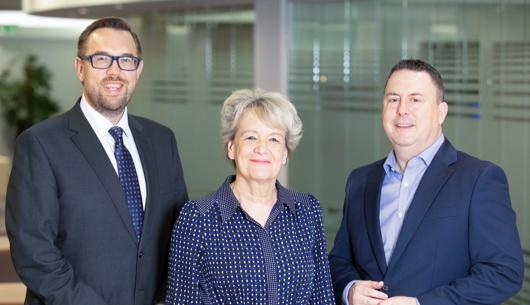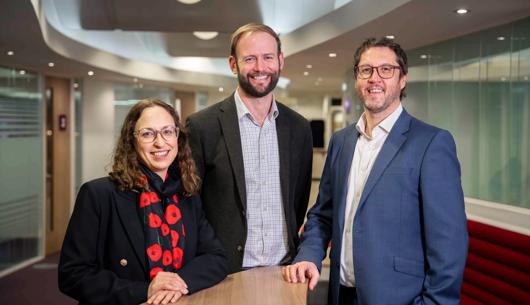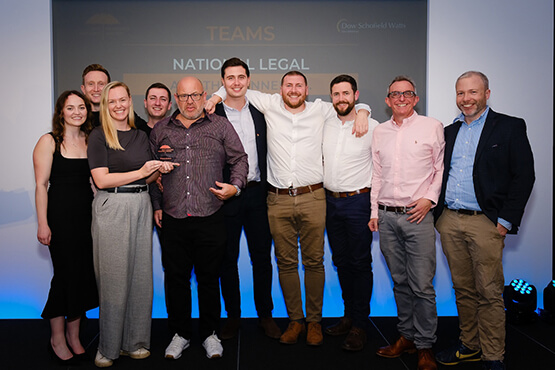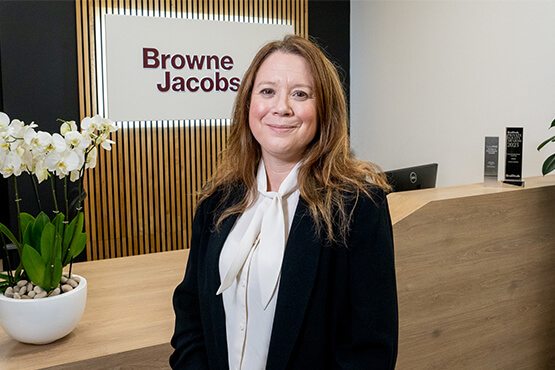Law firm Browne Jacobson and the University of Nottingham are launching a ground-breaking two and a half year Knowledge Transfer Partnership which aims to develop and embed long-lasting equality, diversity and inclusion (EDI) principles and learnings into the firm’s practices and processes, amongst its key client-bases and the national legal sector.
It is the first Knowledge Transfer Partnership Browne Jacobson has entered into with a leading UK university and is part funded by Innovate UK, the UK’s innovation agency.
Browne Jacobson will work with the University of Nottingham’s leading business unit, Linguistic Profiling for Professionals, in the Centre for Research in Applied Linguistics (CRAL), along with a graduate associate to analyse, review and change the way it uses written, spoken and digital language to ensure it is more diverse and inclusive as an employer. The project will be overseen by Louise Mullany, Professor in Sociolinguistics at the University of Nottingham.
Browne Jacobson is currently ranked as the UK’s leading employer in the Social Mobility Employer Index, the leading authority on social mobility workplace best practice in the UK.
Declan Vaughan, People Director, said:
“We believe this collaboration is truly ground-breaking. It provides us with a unique opportunity to address the language of exclusion in the workplace. It will help us to better understand and shape how we, our clients and the wider legal profession can improve the way we all communicate to create a more inclusive and diverse working environment.”
Claire Stripp, Head of Talent & Knowledge at Browne Jacobson, added:
“Research shows using language in the workplace that is outdated can have a detrimental effect on an organisation’s ability to attract and retain top talent, drive commercial success and innovate.
“We are passionately inclusive, and we believe that understanding how language can be unintentionally but significantly exclusive, and learning how to communicate truly inclusively, is ground-breaking and will help us to attract and retain the best talent and enable everyone to thrive with us.”
Knowledge Transfer Partnerships (KTPs) is Europe’s leading programme helping businesses to improve their competitiveness by enabling companies to work with higher education or research and technology organisations to obtain knowledge, technology or skills which they consider to be of strategic competitive importance. The UK-wide programme is overseen by Innovate UK and supported by 16 other public sector funding organisations. Projects typically last between 12 months and 3 years.
Professor Louise Mullany, Lead Academic and Knowledge Base Supervisor at the University of Nottingham, said:
“We are delighted that the KTP application has been successful. It will enable us to engage in critically important diversity and inclusion work over a sustained period of time, bringing long-lasting value to the firm and its clients.
“We are looking forward to applying our inclusive communication solutions package with the business and know that the knowledge we gain in return will deeply inform our research and practices in this area for many years to come.”
Contact
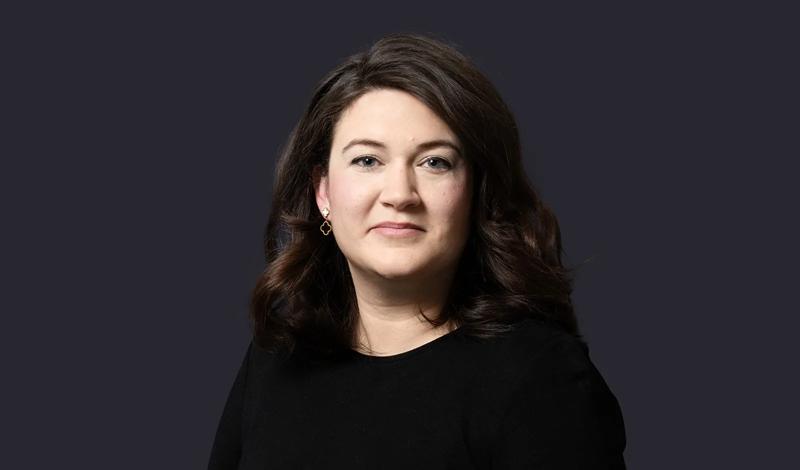
Kara Shadbolt
Senior PR & Communication Manager
kara.shadbolt@brownejacobson.com
+44 (0)330 045 1111








